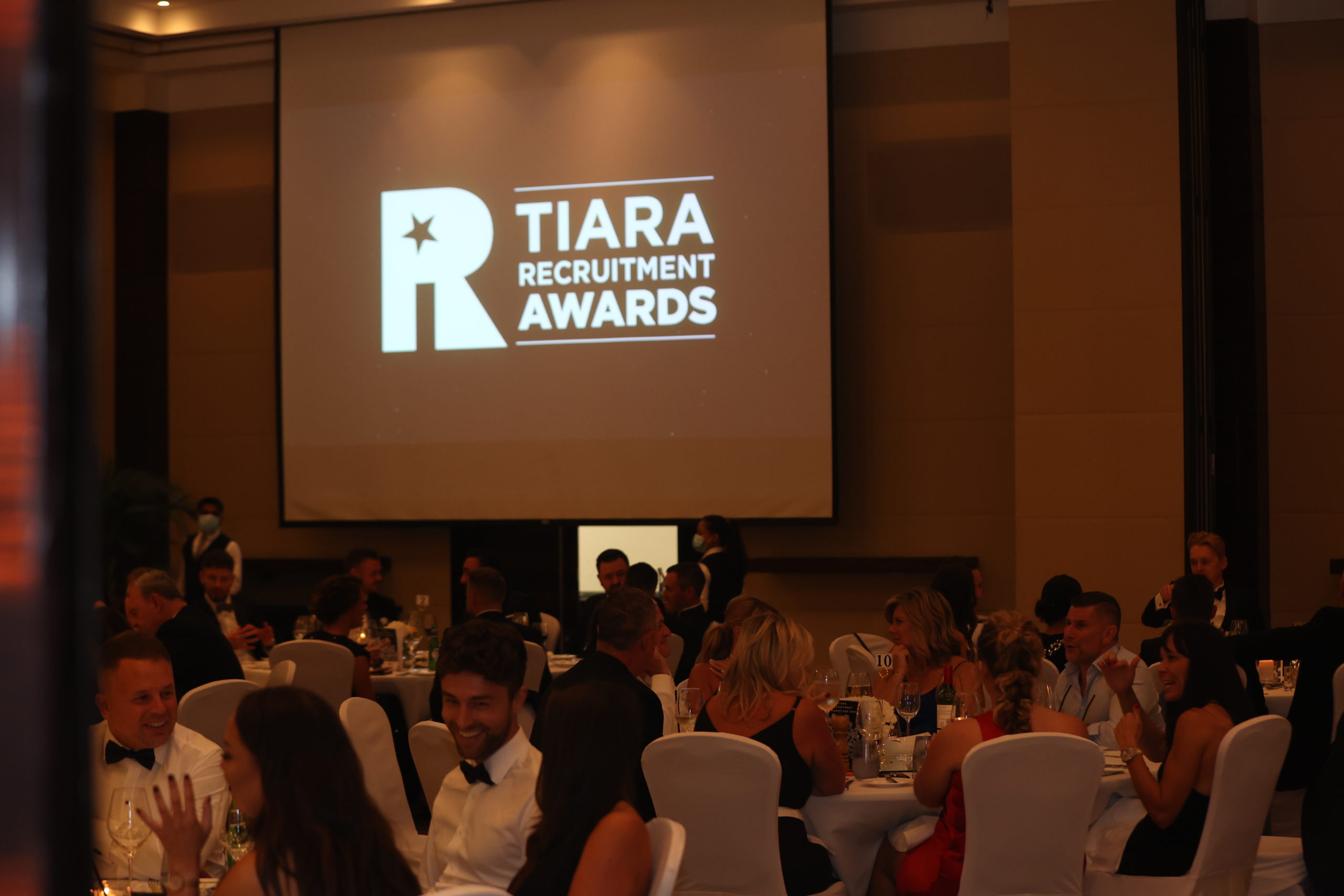The series of TALiNT Partners’ awards continued with the TIARA Recruitment Awards – UAE hosted in Dubai on 4th November and resulted in a resounding success. Ken Brotherston, TALiNT Partners’ MD, shares his experiences of a great week spent exploring Dubai and workforce trends in the region.
It’s been over 10 years since I last visited Dubai so I was more than a little interested to see how much it has changed since I was last there. I was also looking forward to the three events we had scheduled for the week as I was hoping they would give me some insight into the talent challenges in the region and how they compared to our experiences with other markets.
On a physical basis Dubai just keeps getting bigger; the rate of new buildings in the last decade is astonishing, as is the continuing speed with which new ones are going up. The limited time I did have by the pool (honest!) was certainly not spent in quiet contemplation, given the constant cacophony of pile drivers and dumper trucks; and if the scale of construction is a sign (*and it generally is) then there is no lack of confidence about Dubai (and the wider UAE’s future).
But what about from a people perspective? Our three key sessions gave a wide ranging perspective: the first, at London Business School’s campus in the Dubai International Financial Centre, brought together the Head Of Staffing for LinkedIn for the region, Susana Correia, Ron Thomas, a highly experienced CHRO and one of the local market’s foremost commentators on workforce trends, and Michael Morcos, Vice Chair of the Board Practice at Korn/Ferry, the world’s largest organisational consulting firm in a discussion with a group of executive MBAs. The key takeaway from this session was undoubtedly a confirmation that capable senior execs (and especially those with transformations and/or project management capabilities) are in more demand than ever before and, as employers become ever more flexible, on how and where their key execs work with them – it is opening up entirely new talent pools.
Our second session of the week was our Talent Conference, bringing together key employers, staffing solutions providers and HR tech firms to look at trends across the wider market. Peter Hogg, Talent Acquisition Director, Schneider Electric demonstrated the power of creating an internal talent market place whilst Ghenwa Habbal, Head of Talent Management, Ford Middle East & Africa discussed how to use a digital capability to create a total talent approach.
Darren Grainger, MD of NES Fircroft emphasised the importance of strategic supplier partnerships; Jonathan Rook, Managing Director of Sova Assessment highlighted the possibilities of digital assessment, not least for some of the large nationalisation programmes going on across the region.
It was also very powerful to hear Nihal B. Hammad, Director, Human Resources, Albatha Healthcare Group, talk about diversity in the region and whilst it is important to balance D&I initiatives with local customs and practices, progress is being made. No doubt some might say not fast enough but that’s a discussion for a separate blog.
Our final event of the week was the culmination of our TIARA staffing campaign to recognise the achievements of a range of staffing firms and solutions providers in the region and it was fantastic to see some of the impressive work being done by so many firms across the region and in particular to celebrate our Recruitment Industry Leader of the Year, Aws Ismail, of Marc Ellis Group who judges commended for his investment in establishing a strong team, an open and supportive culture and for his support for his local community through an incredibly difficult year.
The MENA region, and the UAE specifically, is continuing to go from strength to strength. As we look at new ways of working combined with, for example, nationalisation programmes, this will help to open up new markets in which to trade or sell services and create a larger pool of educated and engaged talent. And as the region works towards a longer-term strategy of relying less on an economy based on fossil fuels, the energy and dynamism of the region will create a lot of exciting opportunities for some time to come.
By Ken Brotherston










